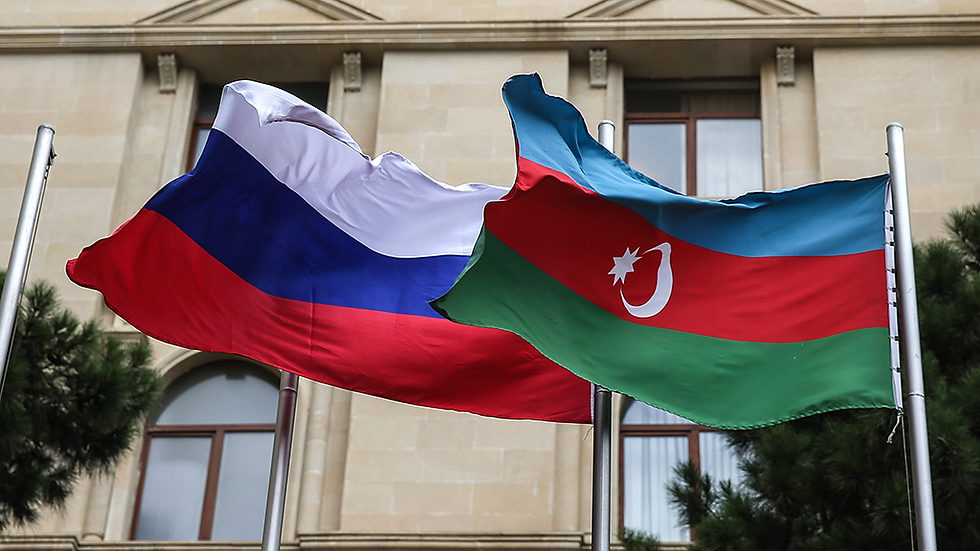Echoes of Resistance: From Julius Fučík's Gallows to Azerbaijan's Prisons
- Obyektiv Media
- Sep 8, 2025
- 4 min read

The name Julius Fučík is associated with two distinct figures, yet both are linked to themes of imprisonment and defiance against oppressive regimes. While Julius Fučík the composer (1872–1916) was an Austro-Hungarian bandmaster known for over 400 marches, polkas, and waltzes, including the famous "Entrance of the Gladiators", it is Julius Fučík the journalist (1903–1943) whose story resonates with the struggles of political prisoners across history and into the present day.
Fučík, an anti-Nazi, communist journalist, was arrested by the Gestapo in Prague in April 1942 for his activism with the Communist Party of Czechoslovakia. During his imprisonment in Pankrac district, he meticulously documented his experiences on pieces of cigarette paper. These notes, detailing anti-Nazi resistance, interrogations, and observations of fellow inmates and guards, were daringly smuggled out of prison by a sympathetic guard, Adolf Kolínský. Fučík's work, originally titled Reportáž, psaná na oprátce (literally Report Written on the Noose), was later published as Notes from the Gallows.
The book served as both testimony and self-reflection, expressing Fučík's staunch belief in communism as humanity's future and his clear condemnation of Nazism. After the war, his wife, Gusta Fučíková, arranged its publication in 1945. While early editions faced criticism and rumours of collaboration due to redacted passages, a complete critical edition in 1995 dispelled these claims, affirming his unwavering commitment to the cause. Notes from the Gallows became one of the most translated works of Czech literature, appearing in approximately 90 languages, widely taught in Czechoslovakian schools until 1989, and continuing to inspire revolutionary activists globally. Ironically, Kolínský, the guard who risked his life to preserve Fučík's work, later faced public disfavour under the communist regime.
The enduring legacy of Fučík's Notes from the Gallows finds a stark, modern parallel in the plight of political prisoners in Azerbaijan. Today, there are 375 people in Azerbaijan classified as political prisoners. These individuals include journalists, human rights defenders, members of opposition parties, national minority activists, anti-war activists, and a significant number of religious believers. Their cases, much like Fučík’s, highlight a pattern of arrests and detentions often perceived as politically motivated.
Journalists and bloggers frequently face accusations of "state treason", "extortion", "large-scale drug trafficking", "hooliganism", and "smuggling". For instance, Polad Aslanov, founder of www.xeberman.com and www.press-az.com, was sentenced to 16 years for "state treason" in 2020, a charge he denied, linking it to his exposés on corruption. Similarly, Ulvi Hasanli, director of "Abzas Media," was arrested for "smuggling" after his publication wrote about corruption, with allegations that 40,000 euros were planted by police. Many journalists, such as those from "Meydan TV" including Sevinj Vagifgyzy (chief editor) and Ramin Jabrailzade, were arrested for "smuggling" foreign currency, with the media outlet rejecting the charges as unlawful. Sevinj Vagifgyzy herself returned to Azerbaijan knowing she would be arrested, stating, "I would prefer to die in Azerbaijan rather than from a heart attack in Paris". She was later awarded the U.S. State Department's "Champions of Anti-Corruption" award.
Human rights defenders and opposition members face similar fabricated charges, often related to economic crimes or drug possession. Anar Mammadli, head of the Election Monitoring and Democracy Studies Centre (EMDS), was arrested for "smuggling" after his organisation reported on electoral violations. His sister claimed police planted money in his apartment. Rufat Safarov, director of "Line of Defence," was arrested on charges of "fraud" and "hooliganism" just before he was due to receive a human rights award in the US, with his lawyer asserting the accusations were baseless.
The most numerous group, religious believers, comprising 241 out of 375 listed prisoners, are overwhelmingly accused of "large-scale drug trafficking". This often involves allegations of police planting drugs and coercing confessions through torture. Taleh Bagirzade, chairman of the "Muslim Unity Movement" (MUM), was arrested in 2015 and sentenced to 20 years on multiple charges, including terrorism and intentional murder. Members of MUM, like Samir Babaev, reported being beaten and threatened with having a pistol planted on them or facing rape if they did not confess to drug charges. Agaali Yahyayev, another MUM activist, was subjected to brutal torture, including beatings with batons and threats of sexual assault with a baseball bat, to force a confession to drug offences.
Many prisoners describe experiences reminiscent of Fučík's plight
Torture and Ill-treatment: Accounts frequently mention physical abuse, electric shock, psychological pressure, and threats against family members to extract confessions. Ulviya Ali, an independent journalist, was severely beaten and threatened with rape to obtain her phone passwords.
Fabricated Evidence: Numerous prisoners claim that money or drugs were planted by police during searches or arrests.
Denial of Legal Rights: Many were initially denied access to lawyers or their families, or court proceedings occurred without their chosen legal representation.
Political Motivation: Lawyers and human rights defenders consistently state that the charges are politically motivated responses to criticism of the government, anti-war stances, or involvement in independent media and opposition activities. The regime's actions against peaceful believers are described as "forced radicalization".
In conclusion, while separated by time and geography, the narrative of Julius Fučík's resistance from prison against the Gestapo finds a disturbing echo in the experiences of numerous political prisoners in Azerbaijan today. Just as Fučík's Notes from the Gallows became a testament to enduring human spirit against totalitarianism, the detailed accounts of Azerbaijani prisoners serve as a powerful reminder of ongoing struggles for fundamental human rights and freedoms, highlighting the universal importance of documenting and opposing injustice.



Comments